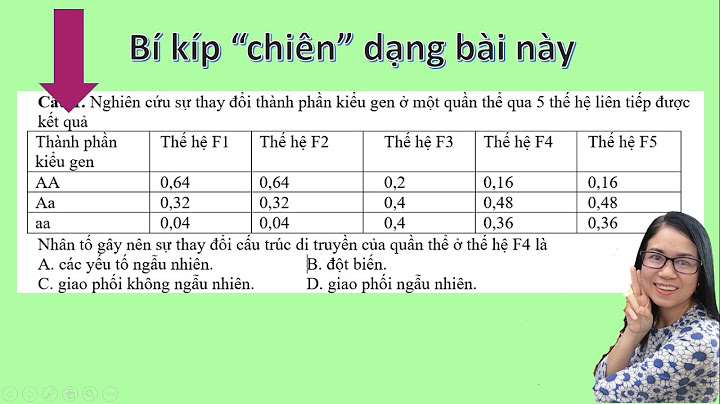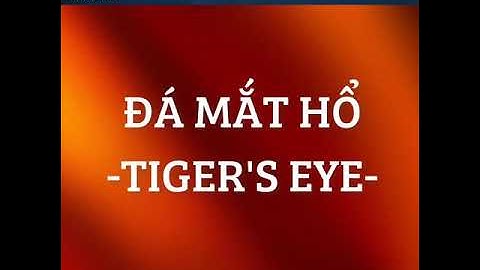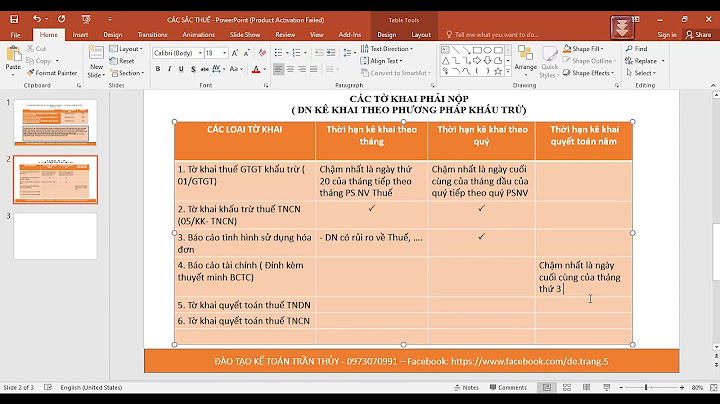Word Explorer Show
Children's Dictionary Advanced Dictionary More results Show multi-word results Browse in wordlist See entries that contain "n'est-ce pas" Display options     Pronunciation  Lookup History n'est-ce pas  nes paforeign phrase (French) isn't that so?; right? Subscribe for ad-free Wordsmyth and more Learn more French phrase: isn't it so? : isn't it? Articles Related to n'est-ce pas?Dictionary Entries Near n'est-ce pas?Cite this Entry“N'est-ce pas?.” Merriam-Webster.com Dictionary, Merriam-Webster, https://www.merriam-webster.com/dictionary/n%27est-ce%20pas%3F. Accessed 8 May. 2024. ShareLove words? Need even more definitions? Subscribe to America's largest dictionary and get thousands more definitions and advanced search—ad free! How to Use the French Expression 'N'est-ce Pas' in ConversationThe French expression n'est-ce pas (pronounced "nes-pah") is what grammarians call a tag question. It's a word or short phrase that is tagged on to the end of a statement, to turn it into a yes-or-no question. It is a question added to a declarative sentence to engage, verify, or confirm. Question tags use the auxiliary verb in the opposite form of the sentence itself. If a sentence is negative, the question tag takes the positive form of the auxiliary verb, and vice versa. Most of the time, n'est-ce pas is used in conversation when the speaker, who already expects a certain response, asks a question mainly as a rhetorical device. Literally translated, n'est-ce pas means "is it not," though most speakers understand it to mean "isn't it?" or "aren't you?" In English, tag questions often consist of the specific verb from the statement combined with "not." In French, the verb is irrelevant; the tag question is just n'est-ce pas. English tag questions "right?" and "no?" are similar in usage to n'est-ce pas, though not in register. They are informal, whereas n'est-ce pas is formal. The informal French tag question equivalent is non? Here's a quick review of principle tenses, the auxiliary form they take, and an example of a positive and a negative question tag for each tense. English[edit]Etymology[edit]Borrowed from French ? (“isn't it?”). Pronunciation[edit]
Phrase[edit]n'est-ce pas
Anagrams[edit]French[edit]Etymology[edit]Literally, “is it not?”. Pronunciation[edit]
Phrase[edit]-
Further reading[edit]
|




















